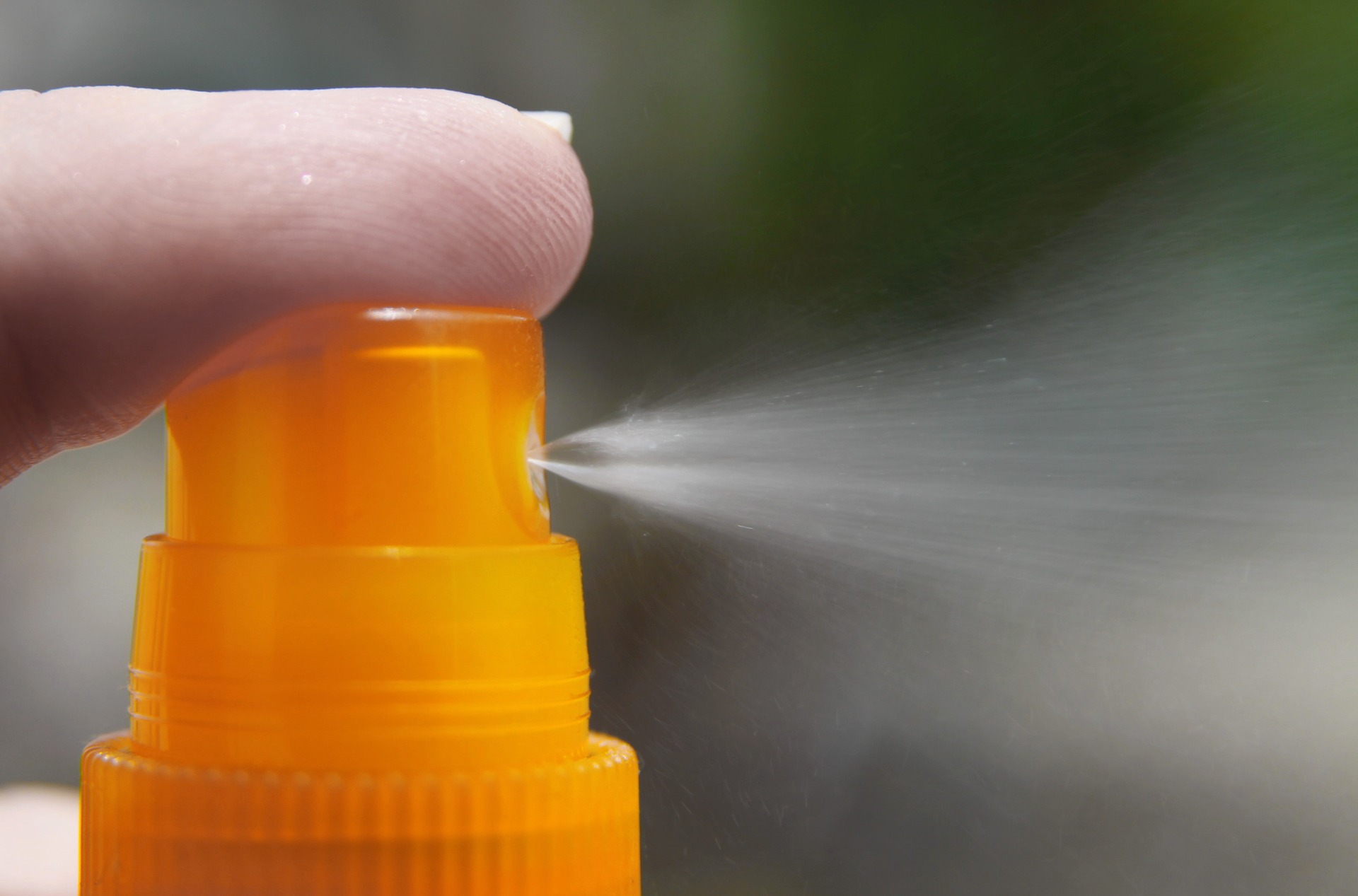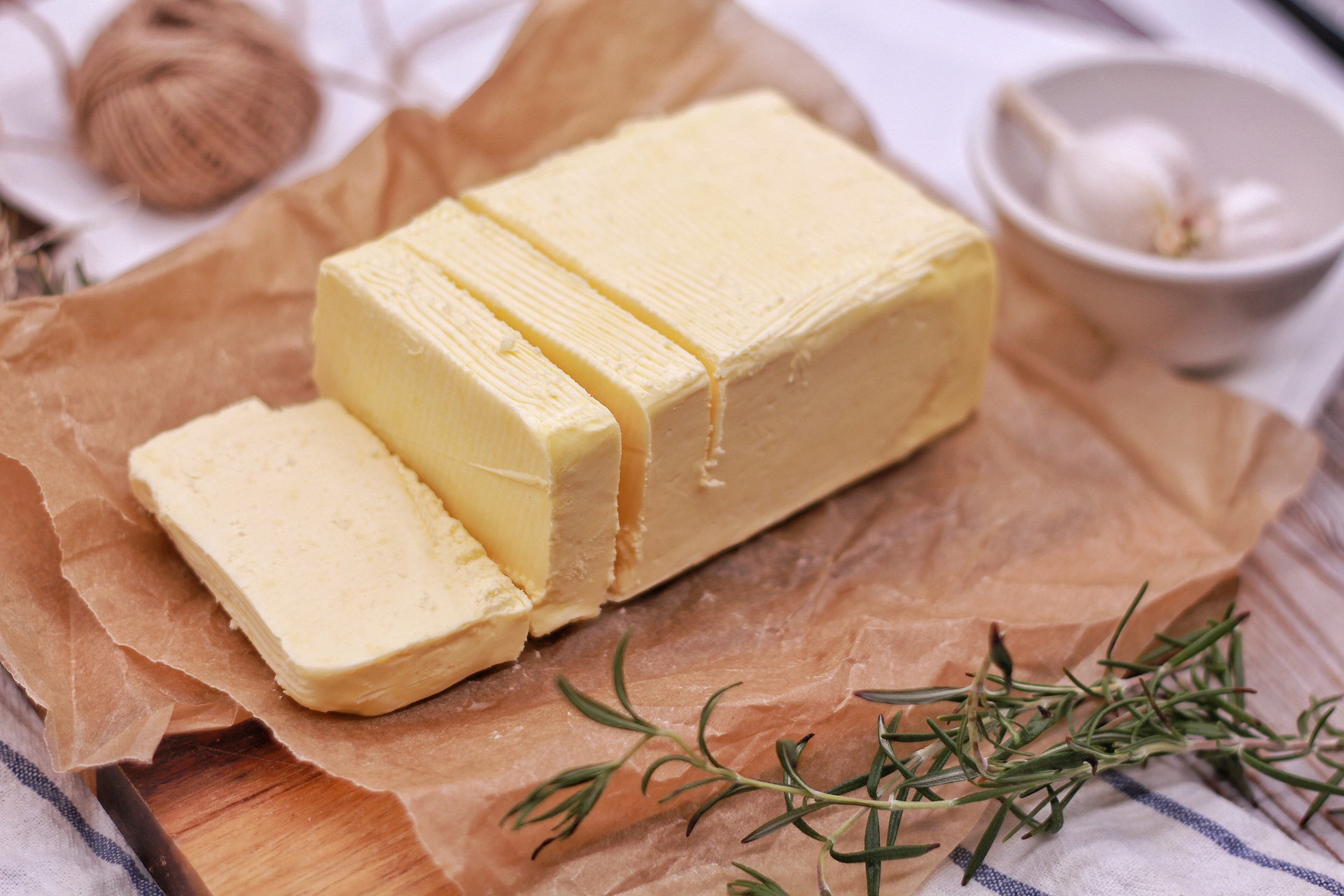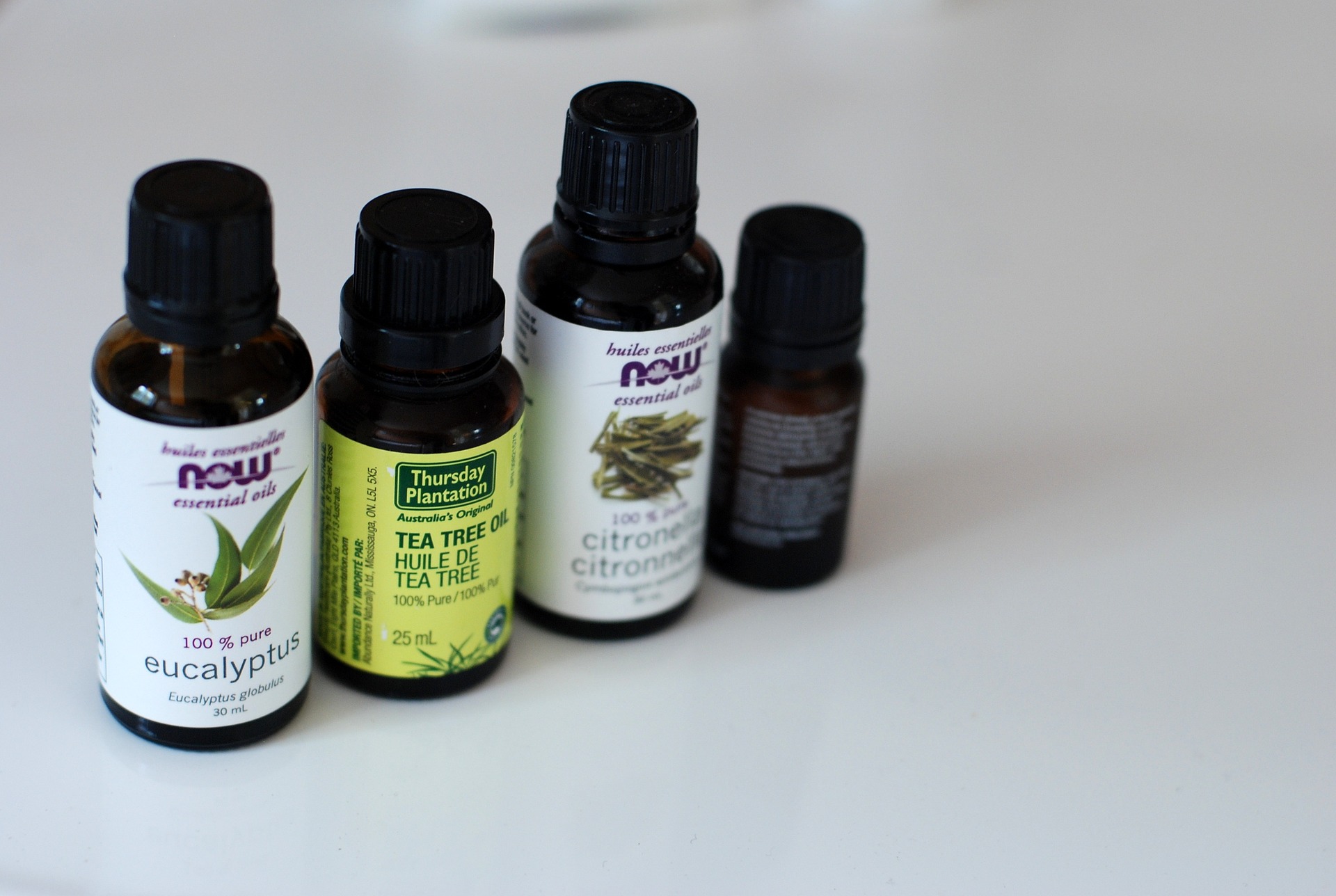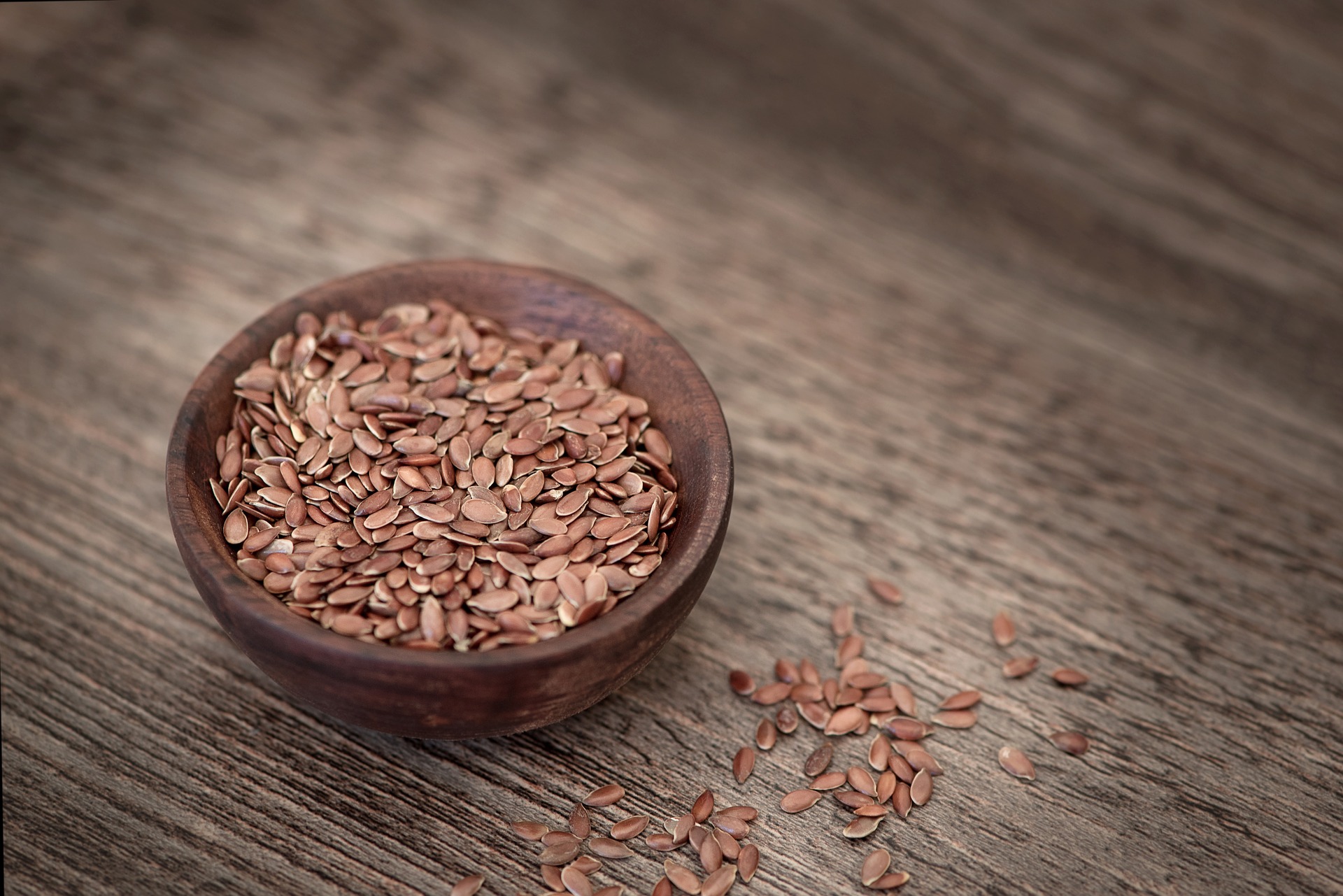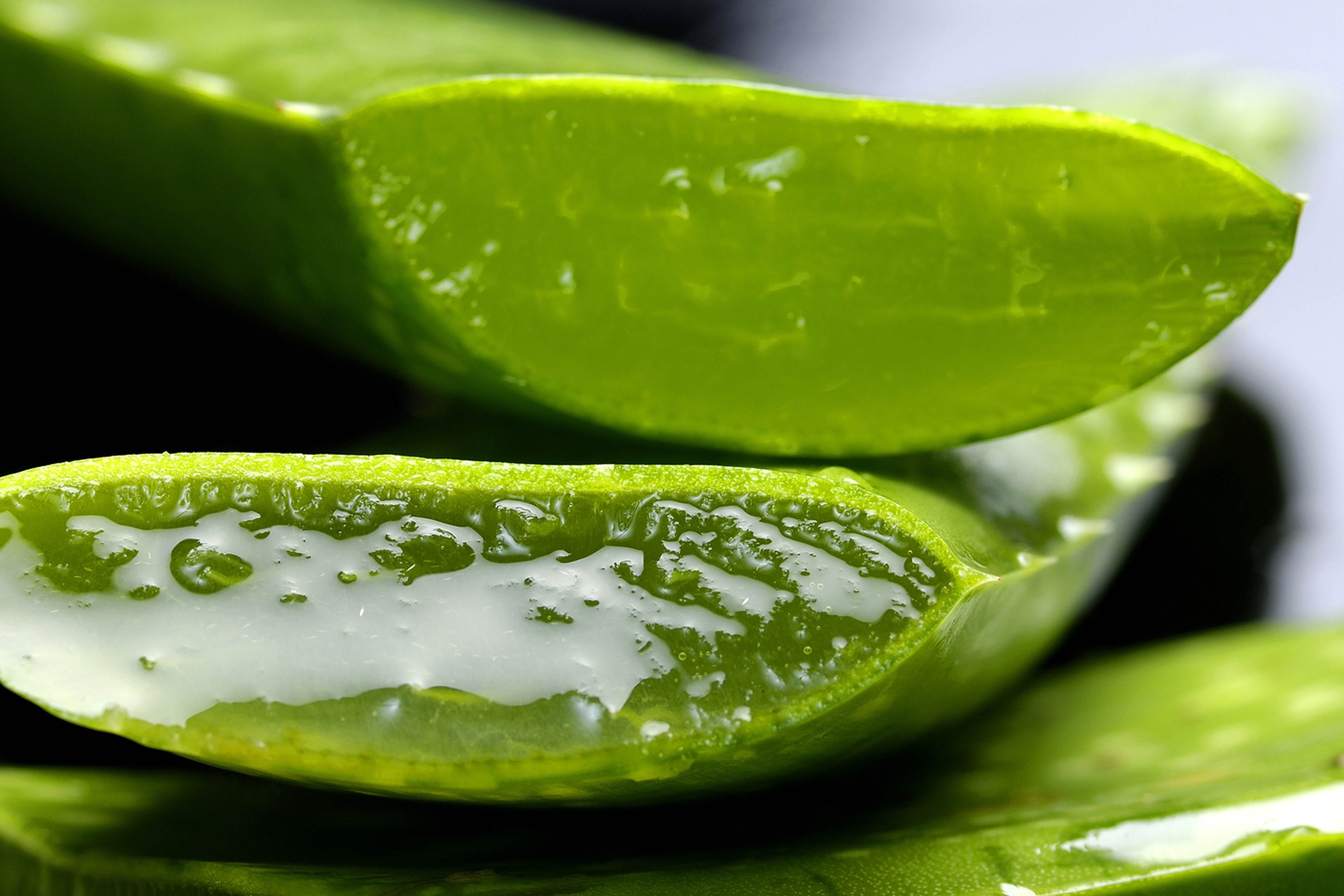Eczema is a skin condition that’s often hereditary and more common in children than adults.
As a doctor puts it, “Eczema is the itch that rashes.” It is a dermatological medical condition that affects mostly the hands, face, feet, legs and the inner folds of the elbows and knees. The condition is symptomatic with the skin showing a typical dryness and redness, sometimes swelling and almost always itching that turns into rashes on scratching. Left untreated, the rashes start oozing and the blistered skin takes a long time to heal, if at all. The skin continues to blister and turns into a bigger area of affected skin.
The occurrence of eczema is put down to the inability of skin to produce the required amount of fat and oils, which results in its inability to retain water. As skin begins to lose water, the gap between cells broadens allowing bacteria to fill it. The simplest way to deal with eczema is to focus on retaining water, so moisture fills the gaps and strengthens the skin surface. This can be easily achieved by several home remedies.
Ten home remedies for eczema are listed here:
1. Coconut oil: Coconut oil is a lipid, so it is great for filling the intercellular gaps that opens up due to lack of moisture. The fats and oil content in the coconut oil prevents the skin from drying up and turning itchy. Rub in coconut oil onto the eczema affected areas. Allow the oil to dry. Apply all through the day if required.
2. Sea spray: The seawater with its salt and magnesium is great to soothe irritated skin. You can prepare a bottle of sea spray by adding salt and magnesium or Epsom salt to warm water. After the salt dissolves, add essential oils and store this prepared water in a bottle or spray jar. You can spray this water directly on the eczema or dip some cotton into this sea spray and dab on the affected areas.
3. Oatmeal bath: Oatmeal is good for moisturizing and soothing the skin. Its chemical constituents have anti-inflammatory properties which bring relief from inflammation arising from eczema. It also soothes itchy skin. An effective way to use oats to treat eczema is by having an oatmeal bath. Place some oatmeal in a muslin bag and tie it securely. Hang this below the water faucet of a bath tub and run the bath. The water will turn milky and smooth. Soak in this water for about 15 minutes and gently pat dry after getting out. Moisturize yourself as you normally do.
4. Honey: Honey is anti-microbial and anti-inflammatory besides being humectant which means it has the ability to draw water. All these characteristics are perfect for dealing with eczema. Dabbing honey on affected areas helps them to heal faster. You can bandage the areas after application in case you want to avoid the stickiness of honey. Or you can leave them open and let them breathe. Apply the honey on the eczema-affected area, leave it on for 20 minutes, wash with cool water, dry and then reapply. Do this exercise at least three times through the day.
5. Vegetable shortening: The greasiness of this thick kitchen food is a perfect answer to the itchiness of eczema-affected skin. Apply the vegetable shortening topically on the affected area, cover with a plastic wrap and then secure with a medical tape. You can leave the tape on for about five hours, which provides ample time for the moisturizer to sink in. Repeat until the rash subsides.
6. Turmeric: The curcumin in turmeric is an antioxidant which protects the skin as it neutralizes free radicals that delay the healing time of wounds and rashes. Make a conscious effort to include a spoon of turmeric every day in your diet. It helps that turmeric has a subtle flavor and is hence a tasty addition to lots of dishes.
7. Olive oil: Packed with omega-3 fatty acids, olive oil is another natural oil that reduces inflammation. Rubbing warm olive oil to the areas affected by eczema helps to soothe the rashes. Including olive oil in your diet helps to heal from within.
8. Tea tree oil: The antiseptic properties of tea tree oil help to tame the itchiness and heal the roughness of the skin in addition to preventing further damage. It has anti-inflammatory and anti-bacterial properties too which help to reduce inflammation and fight infection. Mix 20 drops of tea tree oil in half a cup of coconut oil. Apply the mixture to the affected areas at least twice a day. You can also try a tea tree oil bath by adding about 15 drops of the oil along with two tablespoons of almond oil or extra virgin olive oil to water and soaking in it for about twenty minutes.
9. Flaxseeds: Flaxseeds, when included in your diet, help block a body chemical called arachidonic acid which is responsible for causing inflammation. You can use flax seeds by grinding them into your oatmeal recipes or smoothies. Flaxseed oil can be used as a dressing for salads too.
10. Aloe vera: Aloe vera gel is full of anti-inflammatory properties and healing compounds. It acts as a coolant for itchy skin. Growing an aloe vera plant assures you of a daily supply of the gel from its natural source. It is also found easily in drug stores.
Eczema can be controlled and treated successfully with easily available home remedies. It is also advisable to find out and eliminate the foods that trigger and aggravate the condition. Combining internal solutions with external ones from natural healing will lead to controlling and healing eczema.

































